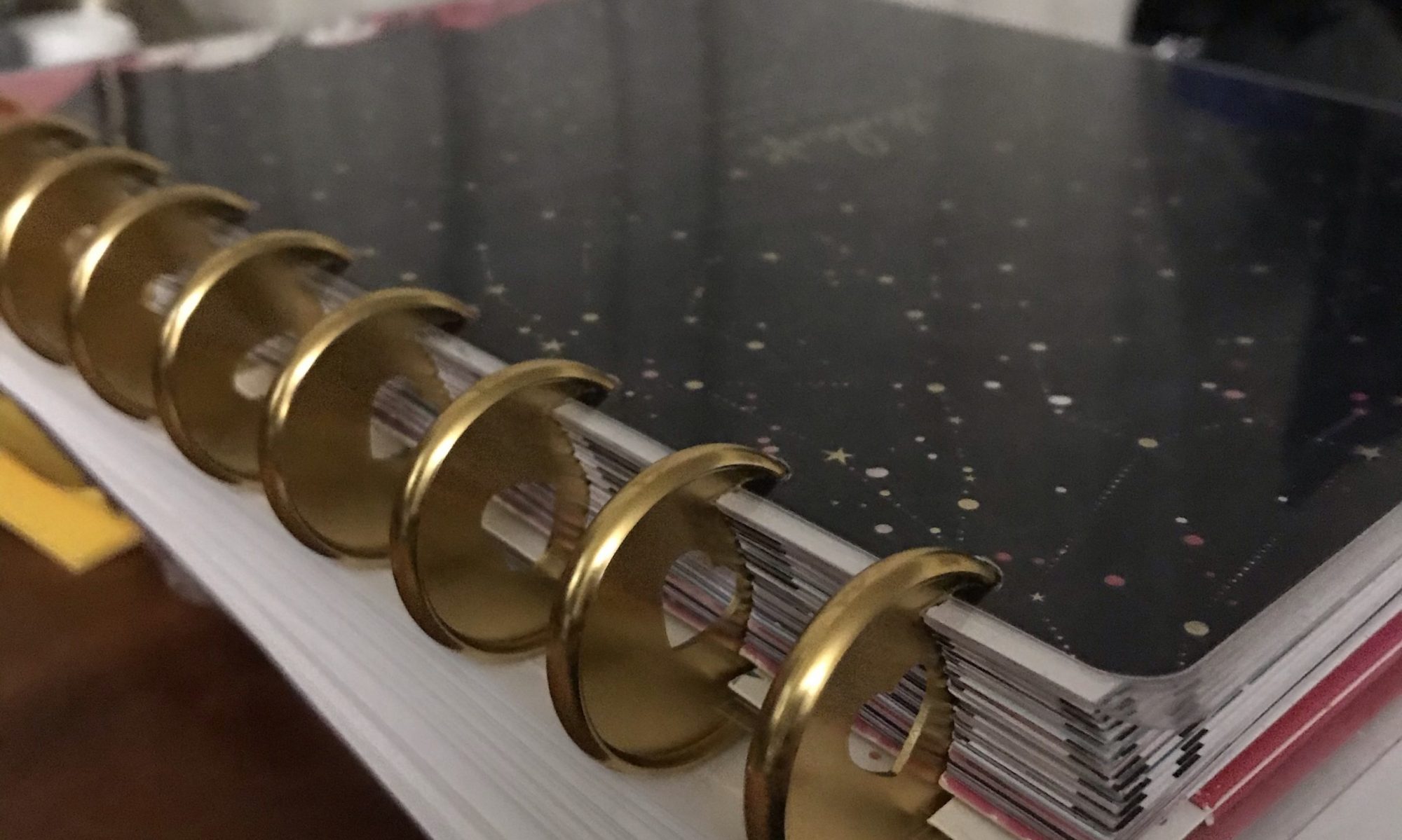Checking my university e-mail is always an adventure, in part because of the RSS feed that gmail automatically puts at the top of my e-mail list (Oakland University’s e-mail is powered by gmail). Today, I hit a link about the continuing controversy over Google Books and the negotiations, concerns, and the like brought up by its existence. That link led me to this one, which just begged to be shared.
The author of the article, working on a book right now about green technology, is a visiting scholar at the University of California. And he makes some good points. Library catalogue software as it stands these days is limited, though it’s come light years since card catalogs (yes, I remember those, and moreover I remember how to use them–I worked in my high school’s library for the equivelant of two years). Keywords don’t tell you what’s in a footnote, or an index–and the index doesn’t always tell you what’s in a book, if the book has an index at all.
That’s where things like Google Books come in. A completely searchable engine for books, especially those out of copyright? I’ve become in the past year an avid user of the Internet Archive, which has been all but invaluable to my research. Google Books, in its limited capacity, has become equally useful to me when dealing with older tomes and even primary documents such as the Rolls Series and collections of Welsh poetry–even works by William of Malmesbury and Geoffrey of Monmouth are to be found between the two. This sort of thing is invaluable to a researcher.
Publishers and authors are concerned about the fate of the publishing industry and having enough funds to keep it going–and I can understand and sympathize with this. Traditional libraries are concerned because they may become very quickly obsolete (I pray this never happens–there’s something about actually having the book in your hands). But at some point, the cost-benefit analysis has to match up with the reality of the situation as well as examining who’s using the service–and for what. I imagine that a lot of the people who have been using Google Books are in fact researchers, writers, and scholars working on their next project using a combination of all the resources available to them–databases like JSTOR and FirstSearch, the Internet Archives, their local and university libraries, and Google Scholar and Google Books. It’d be a very sad thing if Google Books was shut down for good, and would set back the ability for researchers to do their work by miles.
